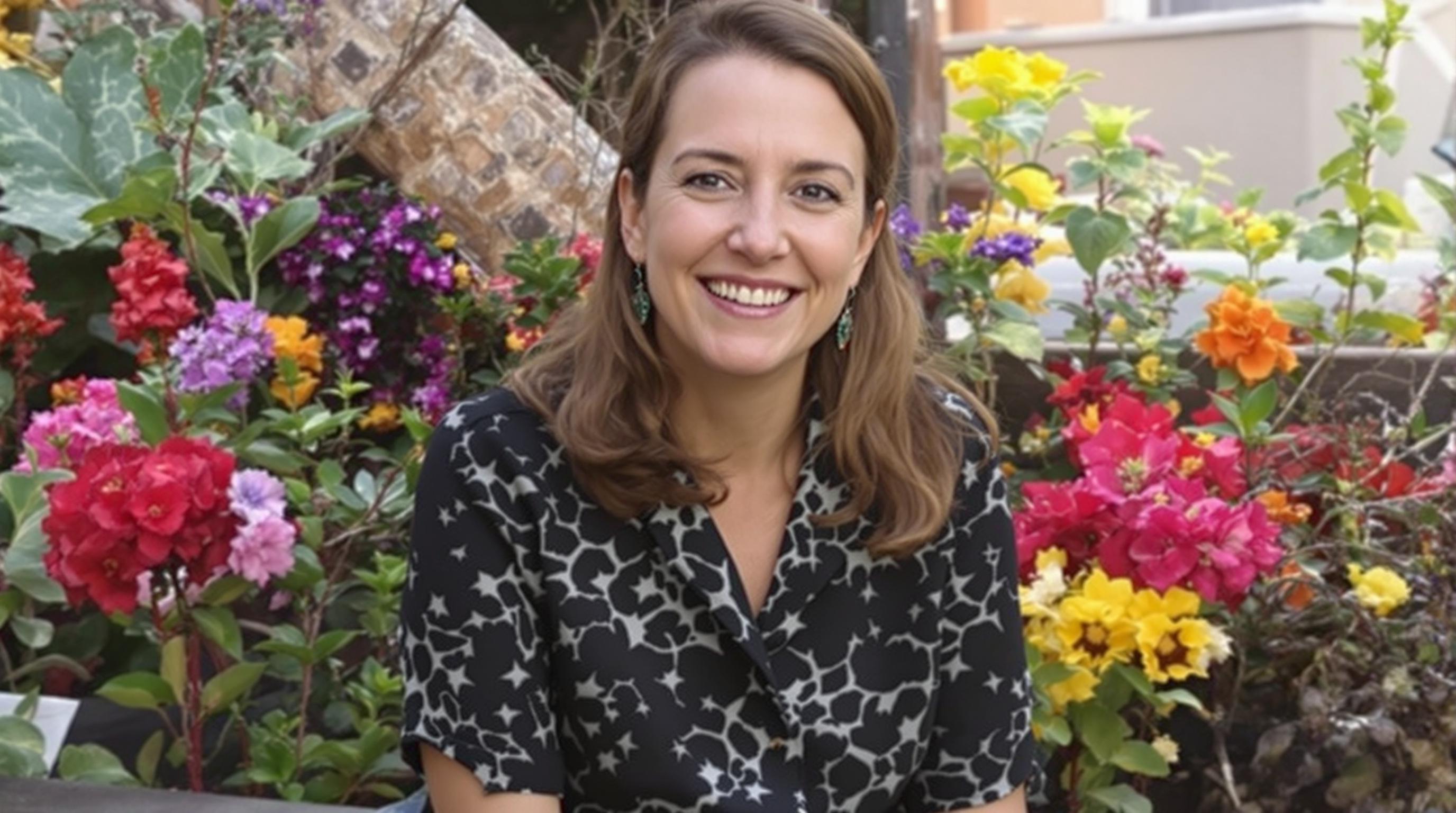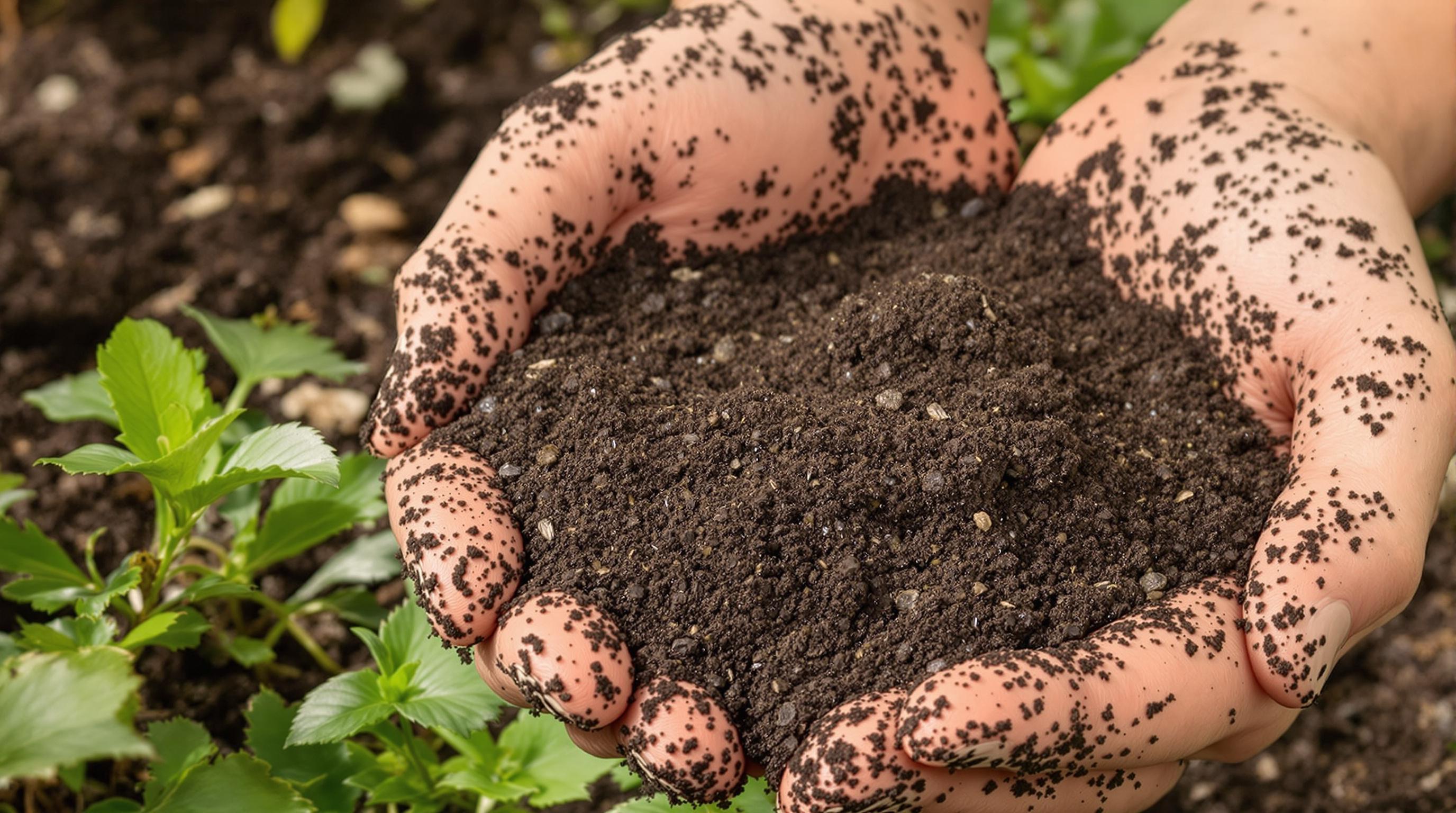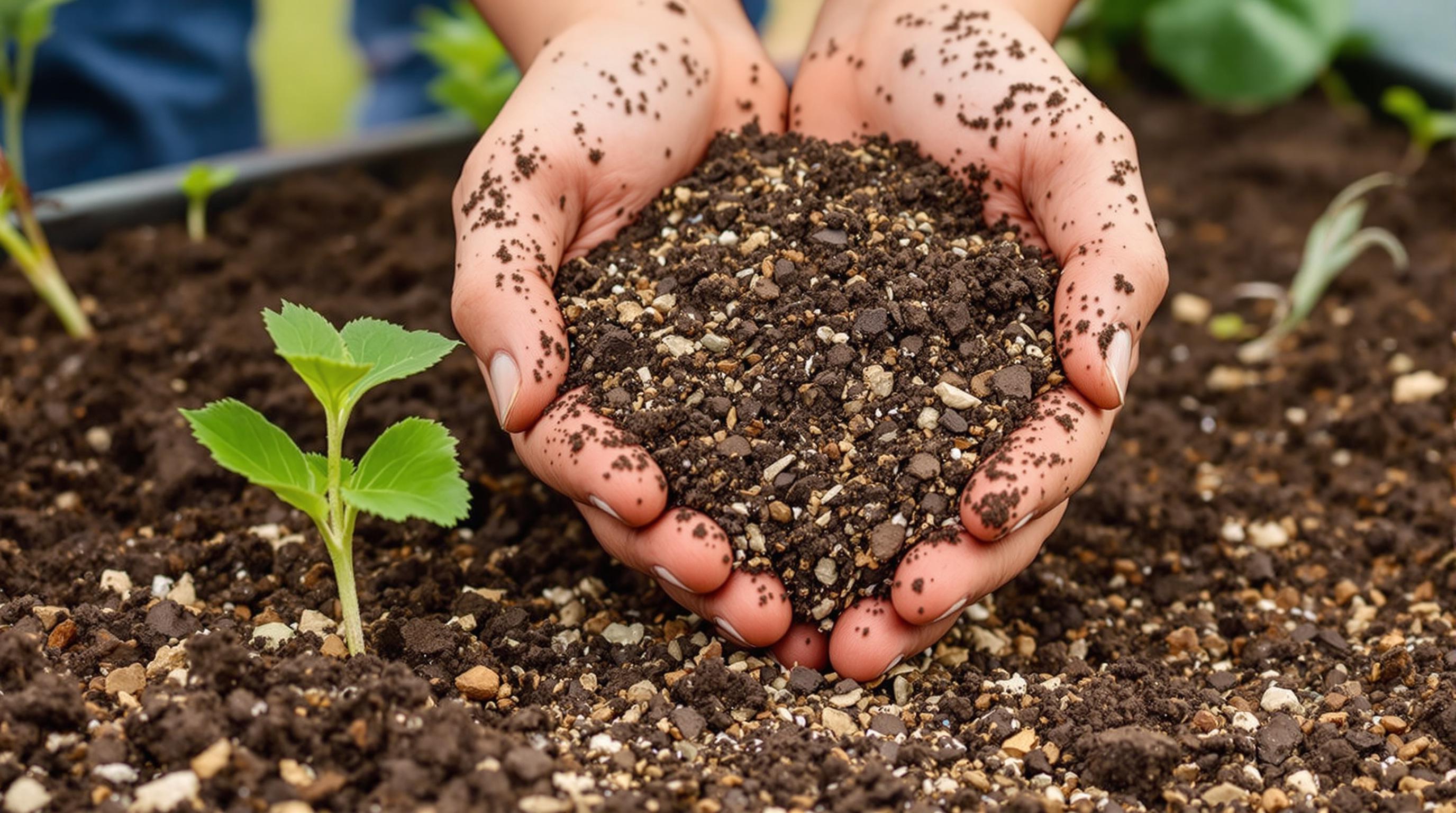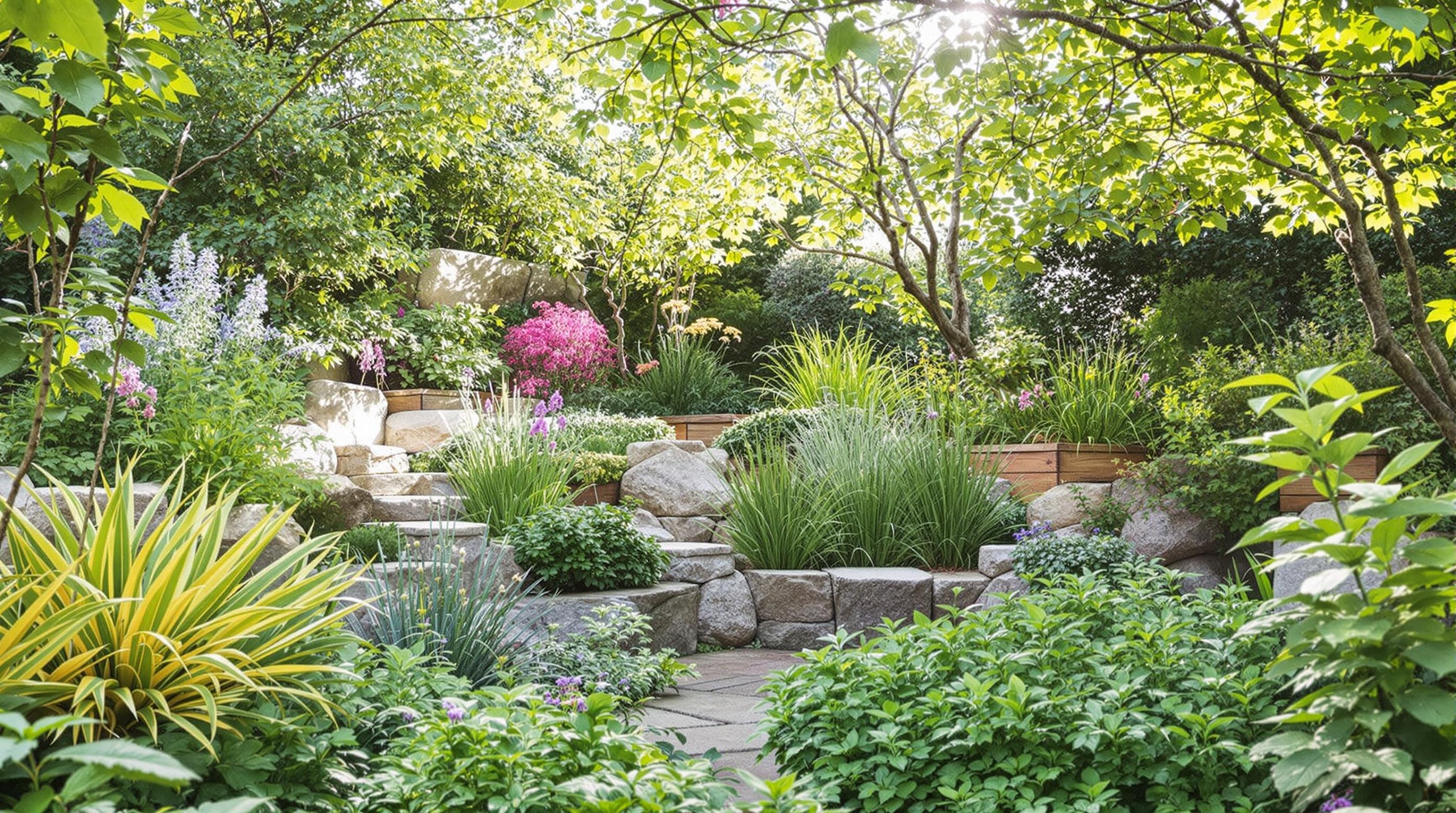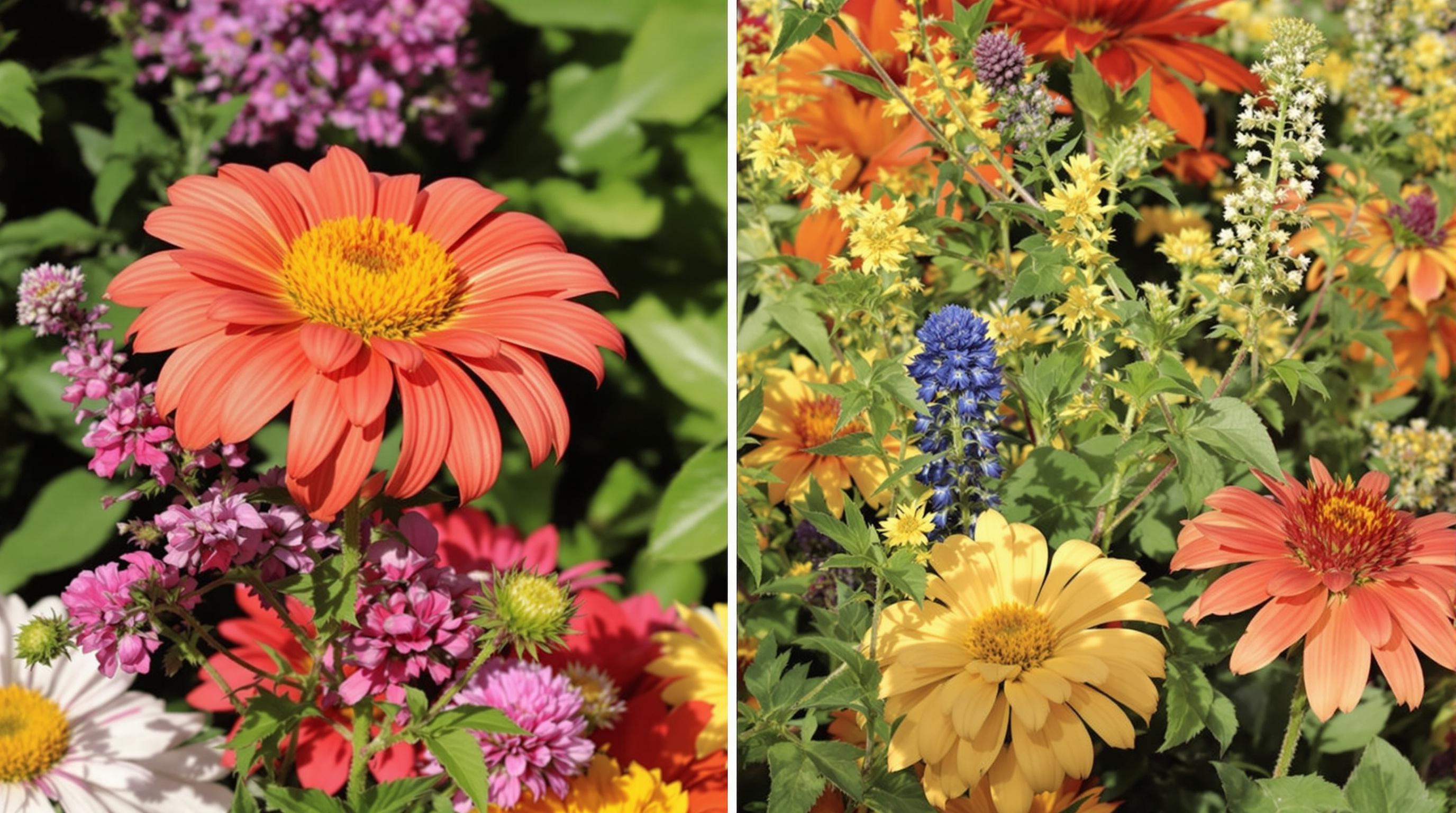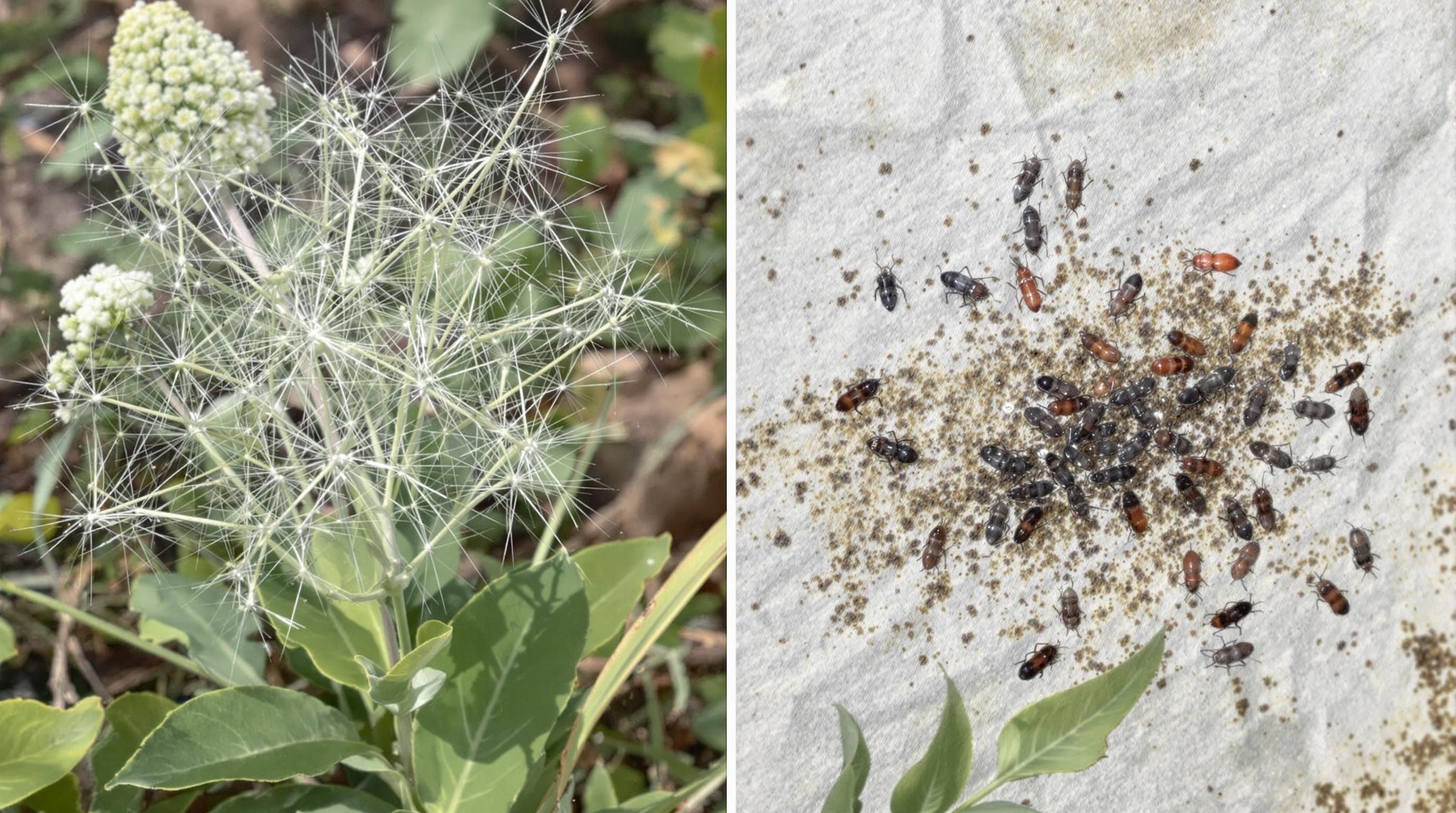Related Articles
- The Hidden Influence of Ergonomics: How Tool Design Shapes Our Physical Spaces and Daily Lives
- The Silent Influence: How Hidden Home Implements Shape Our Daily Routines and Spaces
- The Counterintuitive Role of Chaos: How Messy Tool Storage Can Lead to Unexpected Home Innovations
- Exploring the Unseen: How Audio Experiences Shape the Art of Domestic Spaces and Color Perception
- Rethinking the Mundane: How Everyday Objects are Becoming the Canvas for Modern Artistic Expression in Home Spaces
- Cultivating Chaos: The Surprising Benefits of Embracing Weeds in Your Garden Ecosystem
When Nature Calls: The Intriguing Intersection of Gardening Practices and Mental Health Benefits
When Nature Calls: The Intriguing Intersection of Gardening Practices and Mental Health Benefits
Gardening is more than just planting seeds; it’s a therapeutic journey that intertwines nature and mental well-being. This article delves into various gardening practices and their profound mental health benefits, exploring personal stories, statistics, and expert opinions.
The Therapeutic Nature of Gardening
Picture this: you’re kneeling in the soil, a gentle breeze rustling the leaves above you. It’s surprisingly calming, isn’t it? Science backs this feeling up. According to a 2015 study by the University of Essex, spending just 5 minutes in a garden can improve your mood significantly. This connection to nature can evoke a sense of belonging and calmness that is vital in our fast-paced world.
Why Get Your Hands Dirty? The Science Behind Gardening and Mental Health
Let’s dig deeper (pun intended). Gardening has been shown to reduce cortisol levels, the hormone associated with stress. A review published in the Journal of Health Psychology found that engaging with plants and soil can indeed alleviate symptoms of anxiety and depression. In fact, gardening can be as effective as traditional therapy. A 2017 study in the Journal of Affective Disorders revealed that those who gardened regularly had lower rates of depression and better emotional health compared to non-gardeners.
Case Study: The Urban Garden Project
One poignant example comes from the Urban Garden project in New York City. This initiative invites underprivileged youth to learn gardening practices, aiming to enhance their mental health and community ties. Participants reported a staggering 30% decrease in feelings of isolation after joining the program. The act of nurturing plants and learning about sustainability not only kept them engaged but instilled a sense of purpose and accomplishment.
Gardening Practices and Their Specific Benefits
There’s more to gardening than just the act of planting. Different methods yield unique benefits:
- Vegetable Gardening: Growing your own food increases feelings of self-sufficiency. Plus, you get the bonus of healthy eating!
- Flower Gardening: Watching flowers bloom can incite joy, promoting more positive emotions. Colors, fragrance, and beauty have been linked to enhanced happiness.
- Herb Gardening: The sensory engagement of touching, smelling, and cooking with fresh herbs can significantly boost your mood and stimulate creativity.
The Mindfulness Element of Gardening
Did you know that gardening can serve as a form of mindfulness practice? Engaging your senses can pull you into the moment, helping you forget your worries. A study published in the journal Ecopsychology emphasized this point, stating that participants who practiced gardening experienced a significant decrease in symptoms of anxiety and depression. This is all thanks to the cognitive engagement that calls for full attention—no room for distractions!
Gardening as Storytelling: Personal Narratives
Allow me to share a personal story. At 28, I found myself navigating the stormy seas of adulthood, plagued by anxiety. One day, I decided to dig up my parents’ neglected backyard. With each shovel of dirt, I buried pieces of my worries. The process turned into a meditative ritual for me. I planted sunflowers, which followed the sun, reminding me to seek light even in difficult times. The simple act of pulling weeds became a metaphor for removing negativity from my life. Indeed, every garden has a story.
Statistics That Speak Volumes
According to the National Garden Bureau, gardening provides physical activity that can reduce the risk of several chronic diseases, leading to better physical health. This interconnection between physical wellness and mental health is crucial; after all, who can feel down while chasing the satisfaction of a bountiful harvest? But that’s not all; a survey by the Royal Horticultural Society found that 80% of gardeners report that gardening improves their mental health.
Environmental Responsibility: Healing Gardens That Heal Us
Now, let’s sprinkle a little humor. Ever tried to talk to your plants? If you haven’t, you might want to start. They say it's a great way to give them a good experience—after all, who wouldn’t prefer motivational speeches to mundane silence? Well, speaking literally, working with plants also teaches you about the environment, leading to feelings of responsibility and care for our Earth. It’s a win-win! Your mental health improves, and so does the local ecosystem.
Incorporating Gardening into Daily Life
You don’t need a sprawling backyard to reap the benefits of gardening. Whether you have a sunny windowsill or a small balcony, various practices can fit into any lifestyle:
- Container Gardening: Ready to plant? Use pots to grow herbs or flowers almost anywhere!
- Community Gardens: Connect with like-minded individuals and share the gardening experience.
- Indoor Gardening: Low-light plants like snake plants can boost your mood without requiring too much effort.
Gardening Across Generations: Bridging Age Gaps
Gardening also serves as a delightful bridge across generations. Swap gardening tips with Grandma or bond with your teen while growing herbs. In a world dominated by screens, cultivating plants together fosters communication and connection. The National Gardening Association notes that families that garden together tend to have stronger family bonds and are more engaged with community activities.
Conclusion: The Call to Nature!
In closing, it’s clear that gardening is not just about getting your hands dirty; it’s a profound journey towards better mental health. The simple act of nurturing life can result in transformative effects, elevating mood, easing anxiety, and fostering connections. From community gardens to backyard plots, the possibilities are endless. So, why not answer this call of nature and dig in? You might just discover that there are hidden seeds of joy waiting to bloom in your life.
